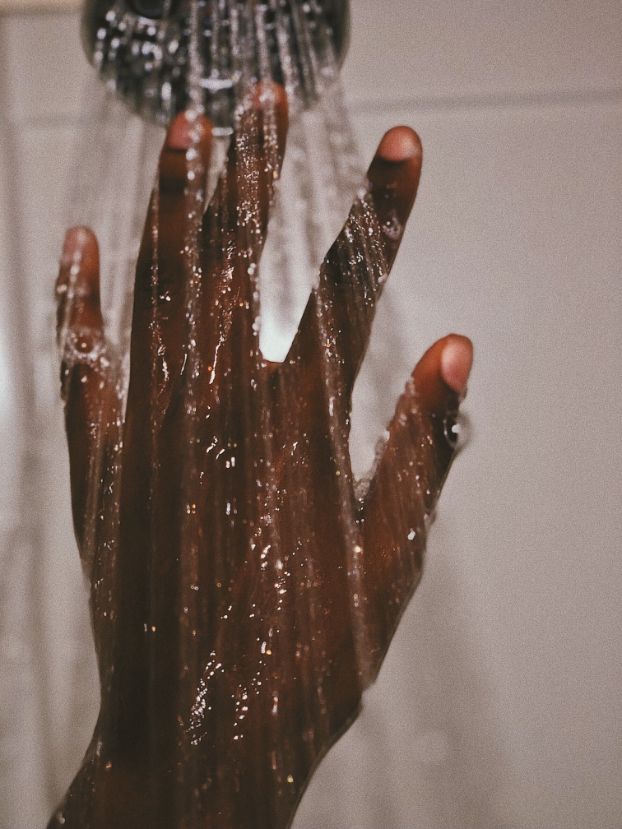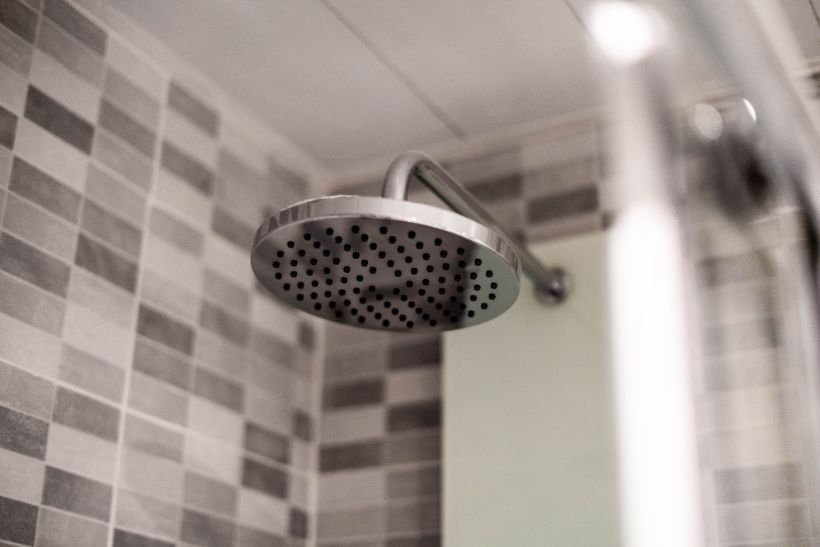Nothing is more gratifying than a hot shower to warm you up after a long day. Diagnosing the low water pressure is difficult without experience when the hot water system appears to be operating normally and the actual water is still scalding hot. Low hot water pressure can be caused by a number of different factors. Please take the time to read this article and try to determine why this occurs.
Common Reasons For Low Hot Water Pressure
Debris & Sediment
Ensure that you contrast the low hot water pressure with the cold taps’ water pressure. If only the hot water is running at a trickle, you may need a plumber to clean and flush your hot water unit if everything else is functioning normally. Your hot water tank may accumulate sediment and scale as it corrodes and ages. This may result in low hot water pressure and gradual blockages.
Showerhead & Taps
When a single outlet is the source of low hot water pressure, a quick fix may be possible. Is the hot water pressure in your shower low but fine at the faucets? Perhaps the shower head itself has a blockage.
Check to make sure the showerhead isn’t a water-saving one if you just moved in. Low pressure may result from worn-out taps. The solution is to replace the tap washers or, more recently, the entire tap.
Water Leaks
The most dreaded cause of low hot water pressure is undoubtedly a leak, but you can easily identify one by going to the water meter and checking to see if the numbers are still spinning even when all the faucets are closed.
Verify to see if the hot water system itself is the source of the leak. Joints in the pipes leading to the unit or the hot water system tank may be leaking. In this situation, get in touch with emergency plumbers right away to prevent water damage or, worse yet, water getting in contact with electrical wiring.
Bent Water Supply Lines
An accordion-style copper pipe that is prone to bending is probably installed in your tank-style system. If the bend is too sharp, it will choke off the flow, leaving you with no or weak hot pressure.
Clogged Faucets
This is a fairly straightforward one: if your hot faucet or showerhead is clogged, water won’t flow through it properly. In this situation, you won’t even have cold pressure, and you might even be able to see buildup around the faucet or showerhead.
Pipes that bring water into your home are less prone to clogs than pipes that remove wastewater, even though the clog may be deeper in the pipe.
Faulty Or Incorrectly Configured Pressure Regulator
While pressure regulators are typically installed in commercial structures, they can also be found in some residential buildings, particularly those that are situated on low ground.
If your home has a pressure regulator, it’s possible that it is malfunctioning or that it was not installed and set up properly. If that is the case, the pressure in your entire home will be insufficient.
Wrong Sized Lines
Supply line sizes may occasionally be significantly smaller than those of the main supply when water systems are installed improperly. Due to the fact that volume naturally decreases as it moves into a smaller pipe, this will inevitably lower pressure.
Cracked Or Broken Pipes
An issue with your pipes that can seriously harm your home and result in a lack of pressure is when they are cracked or broken. The pressure will likely be lower throughout your home, not just in one fixture if water is leaking out of your pipes before it ever gets to your faucets.
How To Fix A Low Hot Water Pressure?

Finding out whether the issue only affects one sink, bathtub, or shower or if it affects all of the hot water faucets and fixtures in the entire house should be your first step.
After doing this, you can begin to identify possible causes of the decreased hot water pressure and take action to address them.
Using the reasons we listed earlier, let’s look at how to fix low water pressure.
- Mineral buildup inside the plumbing lines is caused by the hard water scale. You have two options for resolving this issue: either have your plumber clean the water supply lines or replace them with new water pipes.
- Scale and sediment accumulation inside the water heater. You could ask your plumber to flush and clean the sediment and scale from inside the tank if your water heater isn’t that old. You might need to replace your water heater if it is older than eight years.
- water supply lines with kinks at the inlet or outlet. The too-badly kinked water supply lines will need to be replaced. If they are simply bent too sharply, you could try to lessen the sharpness of the bend, but you must be careful not to further kink the pipe.
- Plumbing lines are too curved to reach the faucet. To fix the low hot water pressure issues in certain areas of the house, you could have your plumber repipe the plumbing lines. Another choice is to install a pressure regulator if you don’t already have one or have your plumber change the setting to increase water pressure if the entire house is affected.
- It is only partially open at the shutoff valve. Simply open the water tank shutoff valve all the way if it is partially closed.
- The house as a whole has weak water pressure. If you don’t already have one, you can ask your plumber to install one for you or to change the setting so that the pressure is higher.
- The size of the water supply lines is incorrect. Your plumber may be able to repipe your water supply lines so they are larger to solve this issue. Pressure loss and friction are decreased with larger water supply lines. You might experience a pressure increase that is quite noticeable in some circumstances.
- A portion of the main house water supply shutoff valve is closed. To fully turn it on, fully open the water main.
- It’s either necessary to replace or properly configure the pressure regulator. On the pressure regulator, check the setting. Even if it is properly adjusted, it needs to be replaced if you are experiencing low water pressure in the hot and cold water supply lines. Care must be taken when adjusting it if it is too low so as not to significantly raise the water pressure. To schedule a service call for either fix, contact your 24-hour plumber.
- Old steel water pipes in your home have corroded so badly inside that a blockage is being caused. The best course of action is to hire a licensed plumber with prior experience to complete a whole-home water repiping.
- The faucet or fixture is broken, and/or there is too much scale buildup. Have your plumber replace the faucet or fixture with a new one if it is the source of the decreased water pressure.
Please remember that everyone’s home plumbing configurations and the reasons for low hot water pressure can vary. There could be a number of causes for low hot water pressure in your home in some circumstances.
Why You Should Call A Professional 24-hour Plumber For Help?
While most people can figure out the causes of their home’s decreased hot water pressure on their own, it is frequently preferable to call in a professional plumber for assistance when it comes time to actually fix the problem.
Water heaters with tanks are put under a lot of pressure. There are hazards, such as the potential for water heater explosions and the danger of severe burns. In order to avoid putting yourself or others at risk, hot water heater issues should be left in the hands of an expert.
You must be aware of the precise location of your home’s water supply lines if you need to have repiping done. If you try to do the job yourself, you might end up tearing out a lot of unnecessary flooring, ceiling, and wall space, which will raise the cost of your repairs.
Professional plumbers have access to specialized tools that help them locate water supply lines precisely. They also employ the most recent repiping techniques to reduce the number of walls, ceilings, and flooring that must be taken out.
Your plumbing work must, above all else, be done correctly and in accordance with current building codes. If you ever decide to sell your home, you will be able to easily reassure prospective buyers that all plumbing work was carried out by a qualified, licensed, and insured plumber.
Read More: Is It Good For Your Skin To Wash Your Face With Cold Water?


